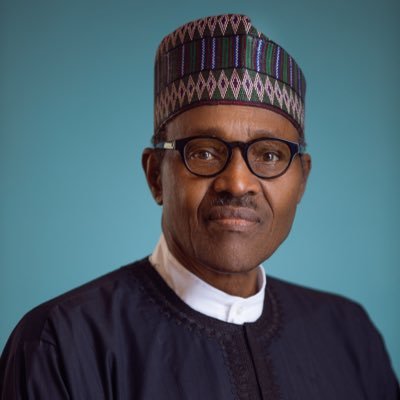MORE than a year after the closure, the Federal Executive Council, FEC, on Wednesday approved the reopening of four land borders with immediate effect.
The four borders are Seme in South West, Ilela in the Northwest, Mfun in the South -South and Maigatari in the Northwest. Others will be opened subsequently.
Zainab Ahmed, Minister of Finance, Budget and National Planning, stated this after the week’s virtual FEC meeting, adding that restriction on the importation of some commodities like rice and other products would continue to be enforced.
President Muhammadu Buhari has said the partial closure of Nigeria’s borders was not meant to punish her neighbours, but to strengthen the country’s security and economy. He said it was to check the smuggling of agricultural produce such as rice and illicit drugs which damage Nigerian youths and proliferation of small arms and ammunition.
But the closure of the borders did not go down well with other countries in West Africa.
Former President John Dramani Mahama of Ghana, who was the guest lecturer at the Realnews Lecture in 2019, urged the Nigeria government to open the borders which because it was against the ECOWAS protocol on free movement of persons, goods and services within the region.
But Buhari said that the period of closure will be used for stock-taking on threats to the nation’s security and economy.
He noted that Nigerian farmers have been celebrating the closure, which had drastically reduced smuggling of agricultural produce as well as arms and ammunition infiltration.
The land borders were closed in October 2019.
In his reaction, Director General of Lagos Chamber of Commerce and Industry (LCCI), Muda Yusuf said the reopening of four land borders would be beneficial to the economy and in consonance with the recently ratified AfCFTA.
Describing it as a welcomed development, he said many manufacturers also leverage the ECOWAS Trade Liberalisation Scheme (ETLS) to boost their business, while many also source their raw materials from countries in the sub region.
“But there is a need to strengthen the border policing and management mechanisms to avoid a relapse into the conditions that led to the closure in the first place. The biggest challenge with the border management is an institutional issue.
“We need to demand accountability from the institutions that have the responsibility for border policing and management”, he said.



















